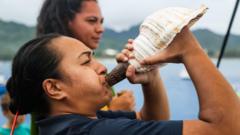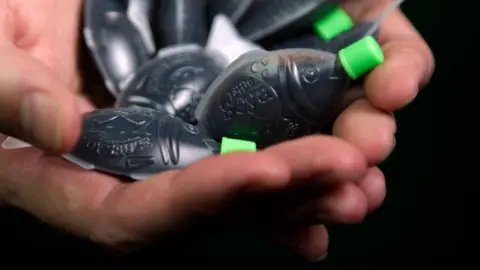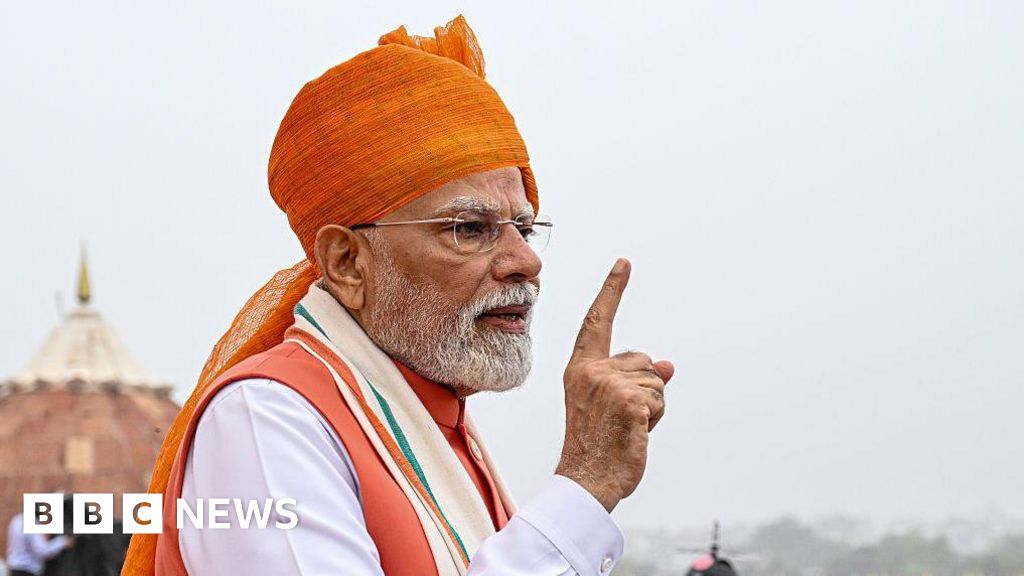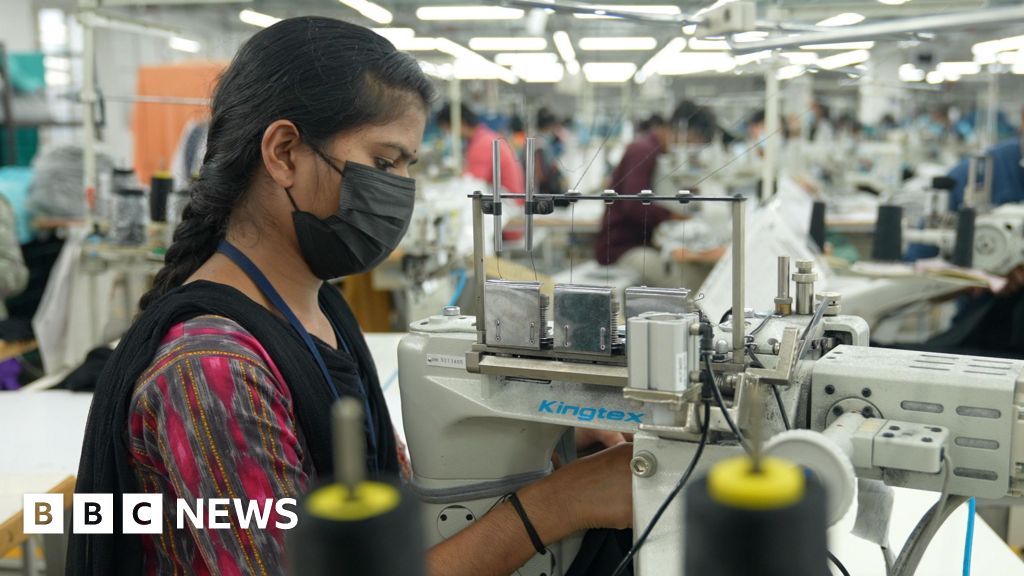The Cook Islands, a picturesque tropical paradise in the Pacific, is at a crossroads with its controversial plans to mine for polymetallic nodules on its seabed. Curator Jean Mason, who describes these unique nodules as “chocolate truffles,” emphasizes their potential economic value, harboring cobalt, nickel, and manganese essential for modern technologies, from electric vehicles to smartphones.
Prime Minister Mark Brown envisions deep-sea mining as a game changer for this archipelago of 15 islands, believing it could secure the financial future of its residents amid rising climate challenges. However, the initiative has raised environmental alarms. Activists argue that the seabed is one of the last untouched frontiers, and extracting these nodules could disrupt marine life and ecosystems.
The eagerness to capitalize on the seabed’s wealth reflects the Cook Islands’ pressing need to diversify its economy. Tourism currently reigns supreme, contributing over 70% to the country’s GDP, but has faced severe blows from COVID-19 and climate impacts. The government claims there are potentially 12 billion wet tonnes of these minerals within their Exclusive Economic Zone, offering a tantalizing prospect.
Nonetheless, critics caution against the rush to mine without comprehensive environmental assessments. They advocate for more research before proceeding, voicing concerns over the long-term impacts on ocean health. Among these voices is Alanah Matamaru Smith from the Te Ipukarea Society, who urges for more independent investigations to safeguard marine biodiversity.
Supporters of the mining initiative, like Hans Smit of Moana Minerals, argue that extracting these resources is vital for progress. But detractors, including local activist June Hosking, highlight the need for discussion within communities, stressing that many remain wary of speaking out against the mining project due to local dynamics.
Prime Minister Brown remains steadfast, promoting the mining agenda as a pathway to prosperity, envisioning better health care and educational opportunities for future generations. However, as the Cook Islands navigate the complexities of their decision, the environmental costs versus economic gains remain a contentious debate among its residents.
Prime Minister Mark Brown envisions deep-sea mining as a game changer for this archipelago of 15 islands, believing it could secure the financial future of its residents amid rising climate challenges. However, the initiative has raised environmental alarms. Activists argue that the seabed is one of the last untouched frontiers, and extracting these nodules could disrupt marine life and ecosystems.
The eagerness to capitalize on the seabed’s wealth reflects the Cook Islands’ pressing need to diversify its economy. Tourism currently reigns supreme, contributing over 70% to the country’s GDP, but has faced severe blows from COVID-19 and climate impacts. The government claims there are potentially 12 billion wet tonnes of these minerals within their Exclusive Economic Zone, offering a tantalizing prospect.
Nonetheless, critics caution against the rush to mine without comprehensive environmental assessments. They advocate for more research before proceeding, voicing concerns over the long-term impacts on ocean health. Among these voices is Alanah Matamaru Smith from the Te Ipukarea Society, who urges for more independent investigations to safeguard marine biodiversity.
Supporters of the mining initiative, like Hans Smit of Moana Minerals, argue that extracting these resources is vital for progress. But detractors, including local activist June Hosking, highlight the need for discussion within communities, stressing that many remain wary of speaking out against the mining project due to local dynamics.
Prime Minister Brown remains steadfast, promoting the mining agenda as a pathway to prosperity, envisioning better health care and educational opportunities for future generations. However, as the Cook Islands navigate the complexities of their decision, the environmental costs versus economic gains remain a contentious debate among its residents.






















